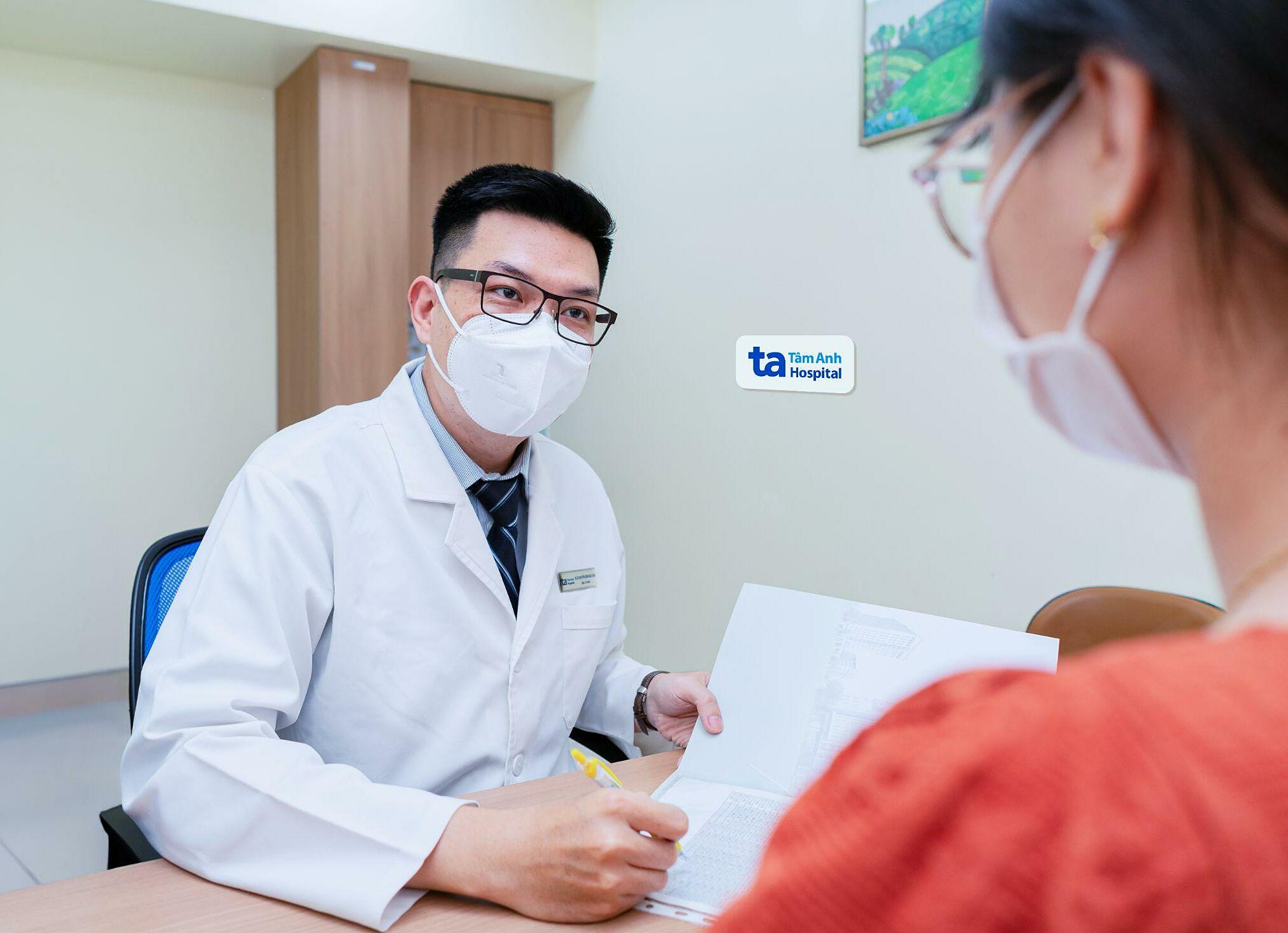Dr. Nguyen Dong Bao Chau, from the Pediatrics Department of Tam Anh General Hospital in Ho Chi Minh City, explains that the rainy season creates favorable conditions for Aedes mosquitoes to breed and spread, causing dengue fever. The disease can easily progress to a severe stage, posing a life-threatening risk to children.
In the early stages (febrile phase), dengue fever in children is often mistaken for other illnesses like viral fever, roseola, or respiratory infections. This is because the symptoms in this phase are mainly high and continuous fever, fatigue, loss of appetite, and nausea. Consequently, the disease is often detected late, making treatment more challenging. Self-medicating children can lead to hospitalization in the severe stage of dengue fever. Severe cases can involve multiple organ failure, severe liver damage, acute kidney injury, myocarditis, heart failure, requiring intensive care, ventilation, blood filtration, plasma exchange, and incurring very high treatment costs.
To prevent severe dengue complications, Dr. Chau recommends parents closely monitor their child’s health. Specifically, if a child develops a sudden high fever above 39°C, potentially accompanied by headaches, loss of appetite, nausea, or a red rash, parents should take them to a medical facility for diagnosis. This will allow doctors to determine whether it is dengue fever and guide appropriate monitoring and treatment.
The critical phase of dengue fever typically occurs between the 3rd and 7th day of illness, especially when the fever subsides. Parents might mistakenly believe the child has recovered when the fever breaks, but this is actually a dangerous period. Waiting until the illness becomes severe to seek medical attention can be too late. Parents should monitor their child's temperature to identify when the fever breaks. If the fever decreases or disappears, but the child remains uncomfortable or unwell, it could be a sign of worsening illness. If the child exhibits unusual signs like excessive crying, refusal to eat or drink, headache, abdominal pain, nausea, vomiting, cold hands and feet, lethargy, convulsions, bleeding gums or nosebleeds, a spreading red rash, or black stools, they should be taken to the hospital immediately for prompt intervention.
 |
Dr. Chau examines a teenager. Photo: Tam Anh General Hospital |
Dr. Chau examines a teenager. Photo: Tam Anh General Hospital
According to Dr. Chau, if a child with dengue fever has a temperature above 38.5°C, they can be given Paracetamol every 4-6 hours. Ibuprofen should not be used to reduce fever in children. Dress the child in comfortable, breathable clothing and sponge them with lukewarm water to help lower their temperature. Choose fresh foods and prepare soft, easily digestible meals. Avoid fried foods and foods with black or red coloring as these can be mistaken for blood if the child vomits or has bloody stools. Encourage the child to drink plenty of fluids, including oral rehydration solutions or fruit juice, to replenish fluids and electrolytes. Do not administer intravenous fluids at home as this can lead to respiratory problems.
Dr. Chau advises parents to vaccinate children aged 4 and older against dengue fever. Regularly clean living spaces, clear bushes, and eliminate stagnant water around the house. Cover or frequently change the water in fish tanks, jars, and pots to prevent mosquito breeding. Use mosquito nets, dress children in long-sleeved clothing when outdoors, and use mosquito repellent. Encourage children to exercise regularly for at least 30-60 minutes daily, get enough sleep, and maintain a healthy diet to boost their immune system.
Ngoc Chau
| Readers can submit questions about children's health here for doctors to answer. |












